

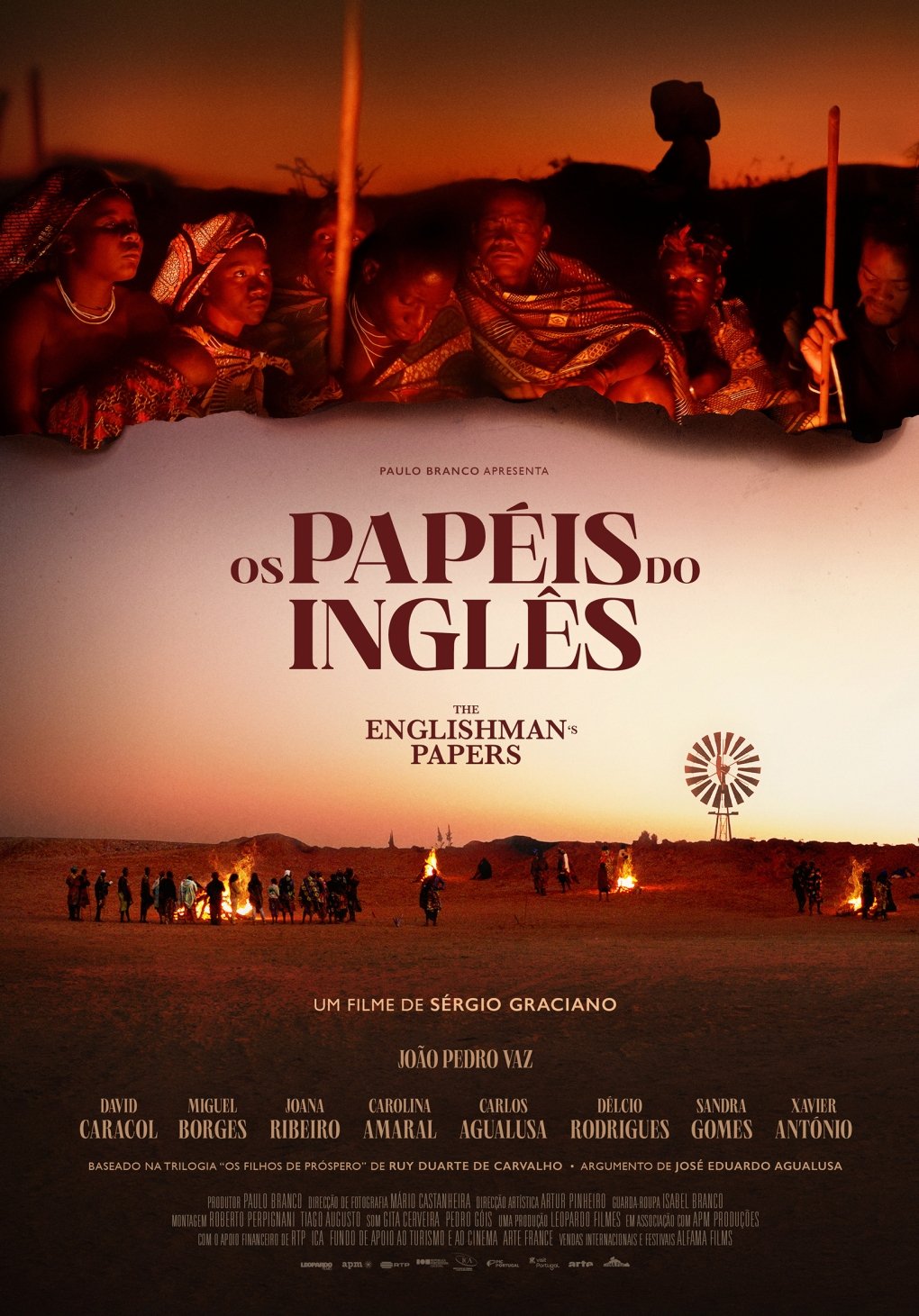
Ruy Duarte de Carvalho, poet and novelist, finds out that his father left papers in the Namib desert that would help him shed light on a mystery that occurred in 1923. Through his search, he embarks on an epic tale that goes from the turn of the 19th century to the end of the 20th, in the magnificent Angolan south.
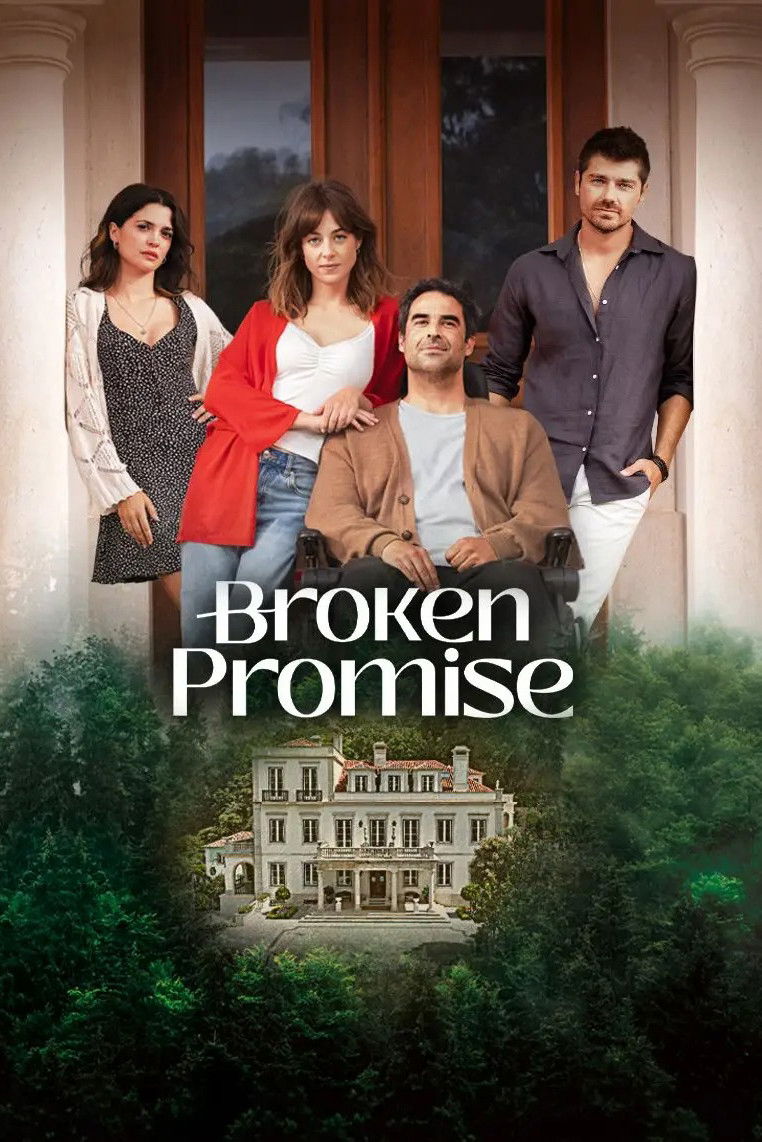
The search for love and redemption... Helena is a former secretary of António Fontes Morais’s who cunningly managed to get married to her boss, thus earning the title of a trophy wife. Together, they had two children: Tomás and Camila. Their firstborn is a playboy who has been living in the United States and Camila is a spoiled young woman who spends her days spending money and on her phone. The family enjoys a lavish lifestyle, but António doesn’t go without a driver and armed security since his brother Fausto was murdered, leaving his son Miguel under the care of his aunt and uncle. Helena’s hatred for the Rocha family has grown as much as the cousins Tomás and Miguel's love for Laura. So, without realizing, the nurse sees herself in the middle of a love triangle that will undermine the harmony between the Fontes Morais and Rocha families. Still, Verónica, who is totally in love with Tomás, and Helena will resort to any means necessary in order to get rid of Laura.
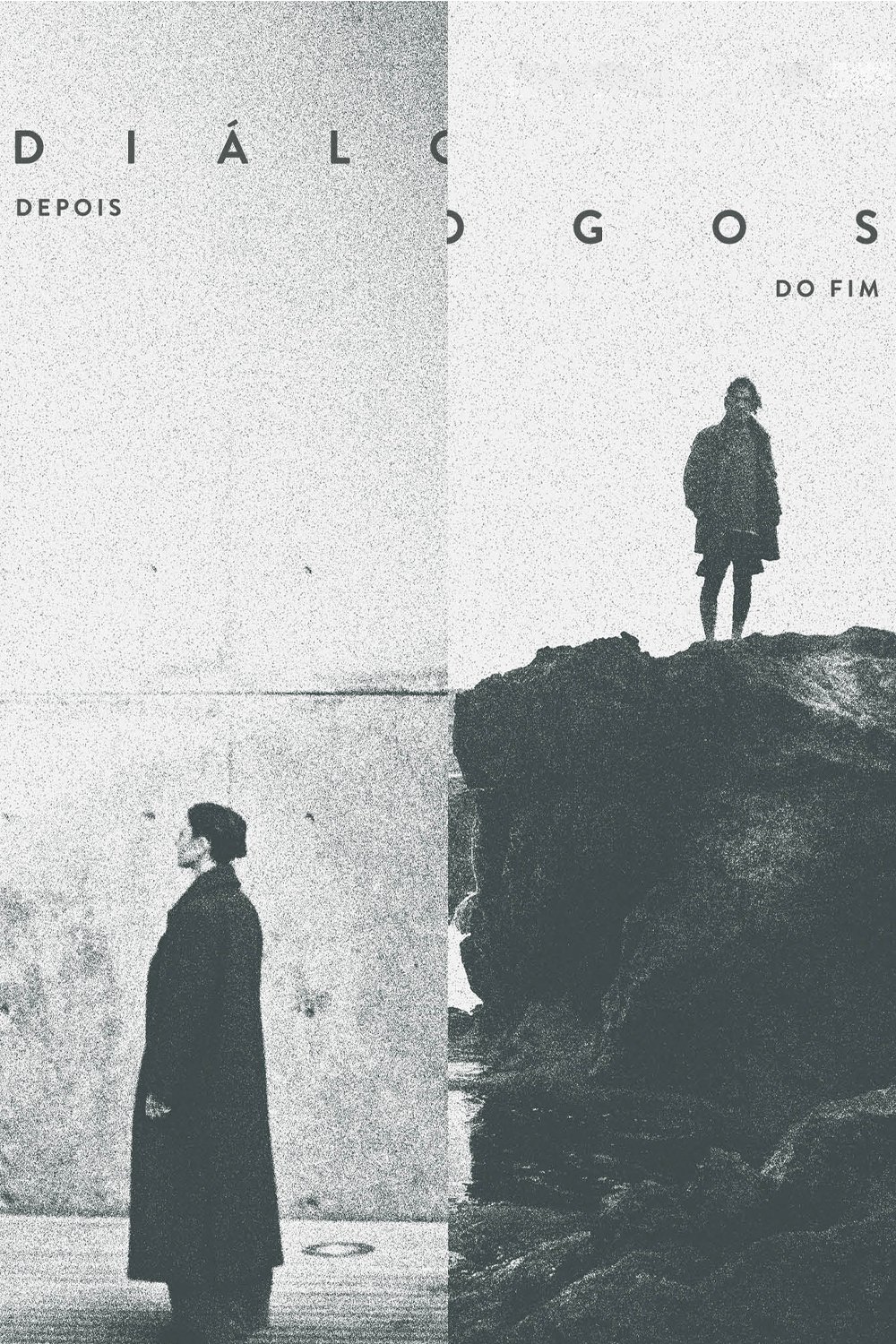
Pavese considered Dialogues with Leucò his best work. Eloquent and at the same time sententious and fragile, but implausible among humanized gods, demigods, heroes, and other pagan figures of Greek mythology, who question, through the imaginary of myths, the society of contemporary man. Out of a time and a certain space, and thus, and like all myths, always current.

In the mid-20th century, a troubled relationship between Germana, a young writer, and Quina, her aunt who lives in the northern Portuguese countryside. Feelings of jealousy, admiration and the complex magnetism between these two strong women arise.
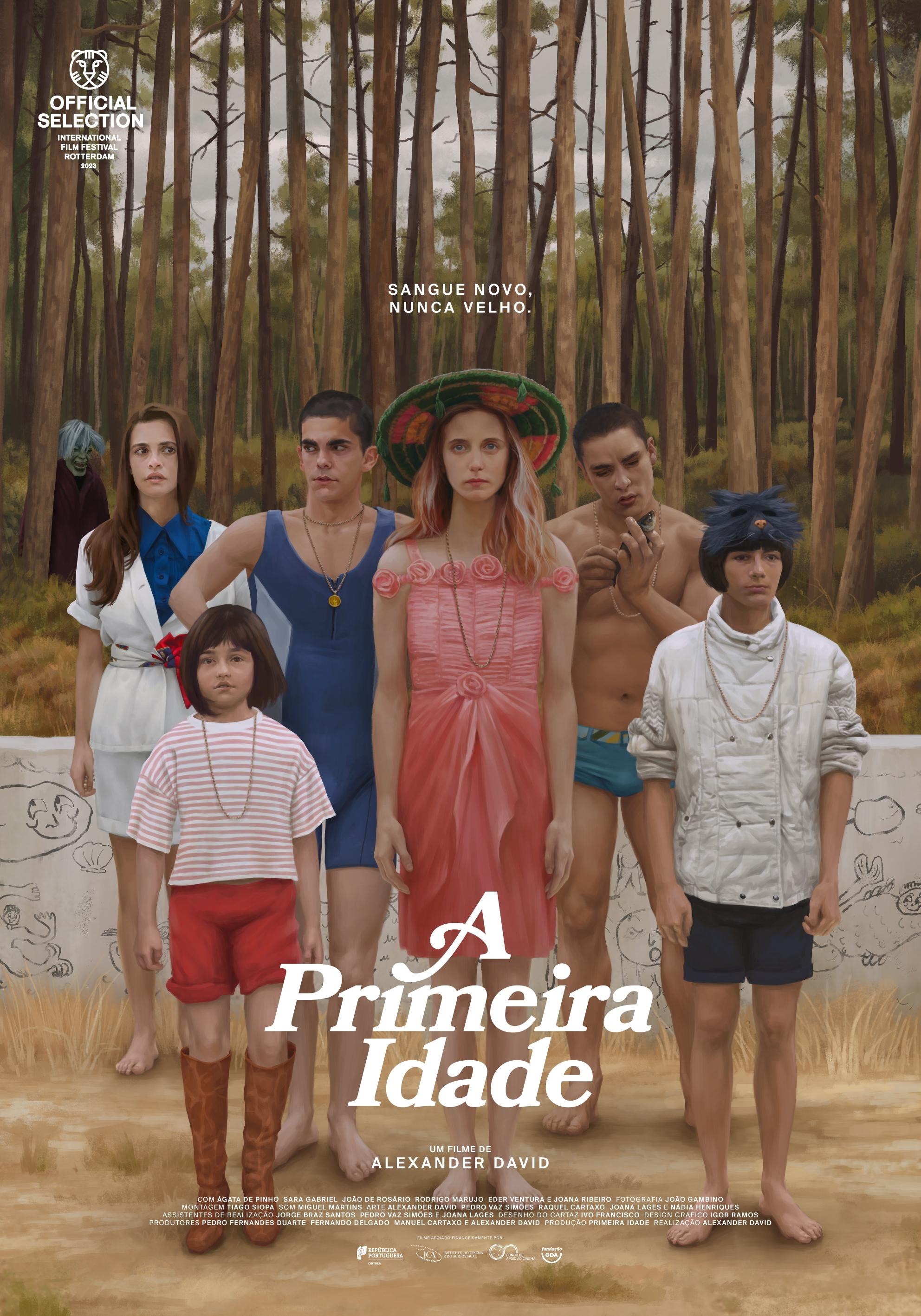
On a secluded island lives an autonomous community of children who don’t speak, communicating only in gestures. Guided by the eldest among them, they operate like an agrarian commune with strict rules and beliefs. Adults are banished into the surrounding woods, and every year, the oldest member of the village is sent to jump off a cliff – a ceremony that is believed to bestow eternal youth on the chosen one. This way of life is threatened when one adventurous child heeds the call of the forbidden forest.
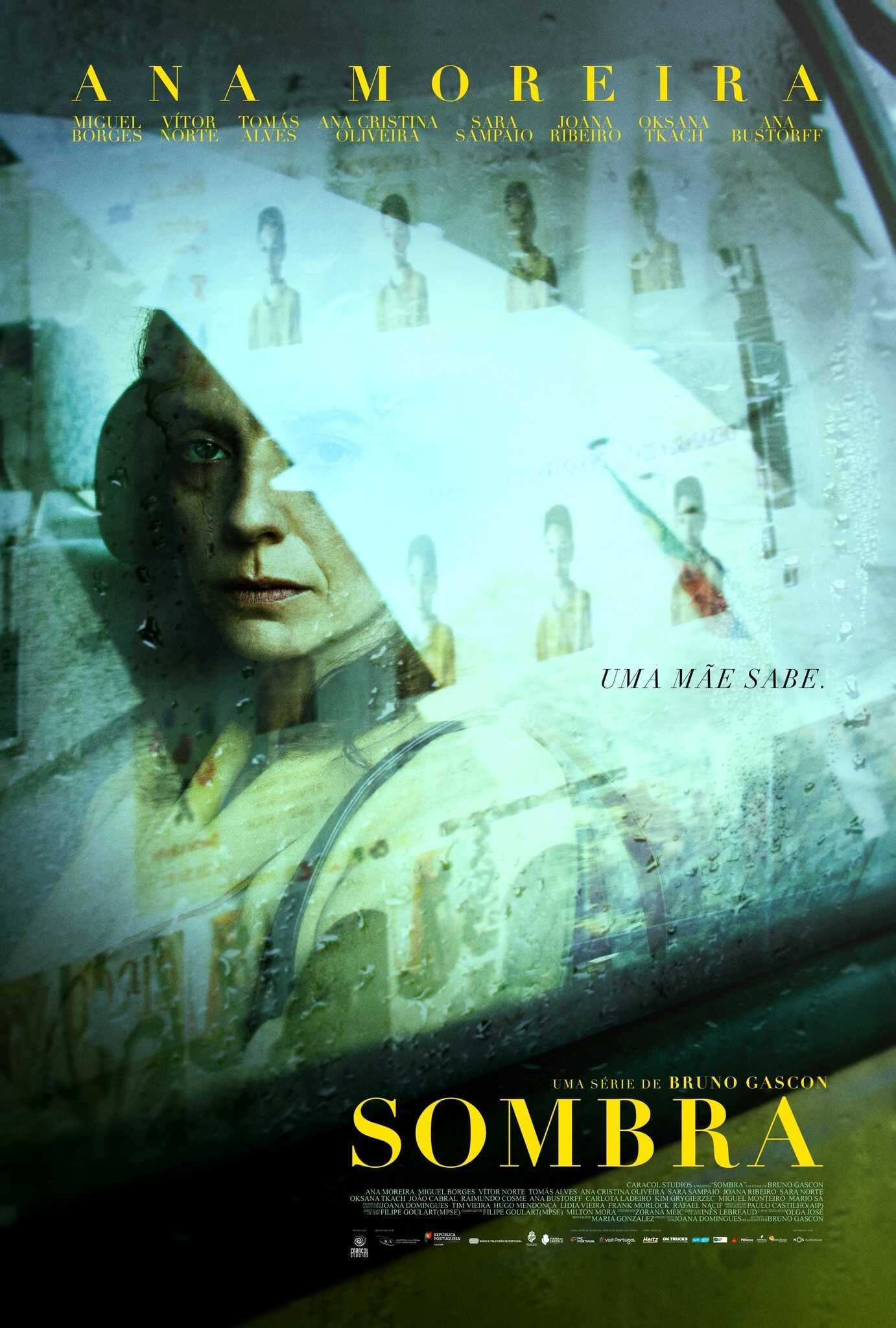
Years after the disappearance of a child, a mother continues to try to find her son after an abduction that authorities cannot solve. As she moves in a world that wants to force her to forget the past and grieve for a child she believes is still alive. Based on a true story
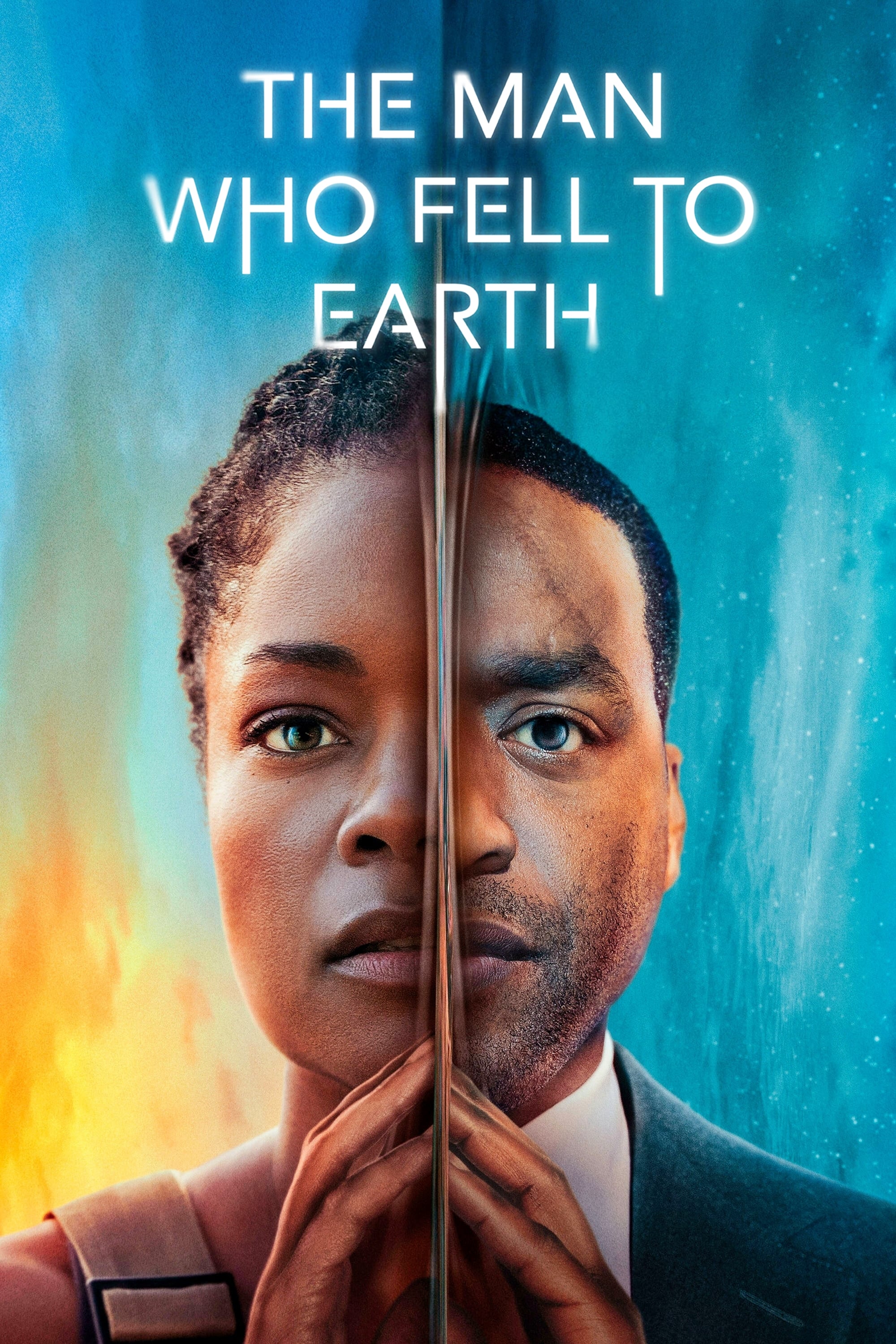
An extraterrestrial alien arrives on Earth at a turning point in human evolution and must confront his own past to determine our future.
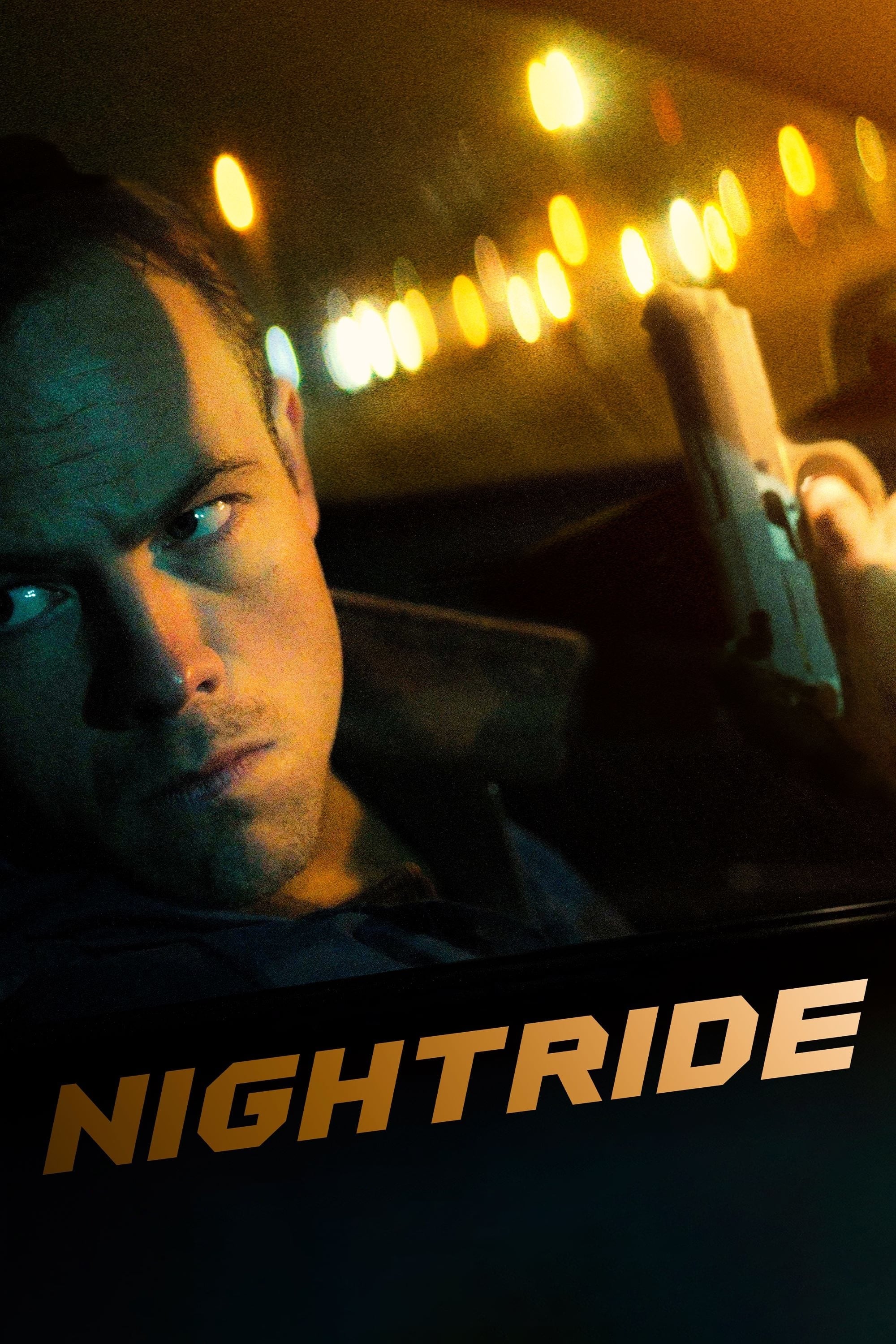
In this single shot thriller, we're in the driver's seat with small-time dealer Budge as he tries to pull one last deal with cash borrowed from a dangerous loan shark. When the handover goes catastrophically wrong, Budge finds himself in a race against time to find his missing product and get a new buyer before the loan shark tracks him down.
Joana Isabel de Alvim Ribeiro (March 25, 1992) is a Portuguese actress and model. Joana Ribeiro was born on 25 March 1992 in Lisbon, Portugal to an engineer father and veterinarian mother. She studied first at the Luís Madureira School in Alfragide, and then completed secondary studies in Lisbon. Ribeiro initially studied architecture, but changed her focus to acting. She signed with an agency, Lisbon Elite, and played in the short film Herança do Silêncio (Silent Inheritance). Ribeiro's breakout role was as Mariana Côrte-Real in the telenovela Dancin' Days. Her next role was in another telenovela, Sol de Inverno (Winter Sun). She was cast as Susan Delgado in Amazon Prime Video's cancelled 2020 The Dark Tower series. Internationally, she's acted in The Man Who Killed Don Quixote (2018) by Terry Gilliam, Fatima (2020) by Marco Pontecorvo (in which she played Our Lady of Fátima), Infinite by Antoine Fuqua (2021) and The Man Who Fell to Earth by Alex Kurtzman and Jenny Lumet (2022). She was one of the ten "Shooting Stars" at the Berlin Film Festival in 2020.
By browsing this website, you accept our cookies policy.